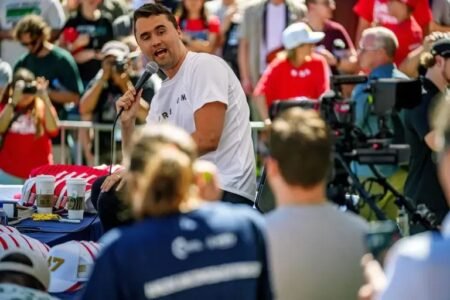Stroke is no longer a disease of the elderly. Across Nigeria and West Africa, an alarming number of young adults in their 20s and 30s are now being struck down, often without warning, medical experts have warned.
Doctors blame a dangerous mix of poor lifestyle choices, hidden health conditions, and weak health systems for the surge. High blood pressure, high cholesterol, obesity, diabetes, smoking, alcohol, stress, and processed foods are the biggest culprits—many of which show no symptoms until it’s too late.
Genetic and medical conditions, including sickle cell disease, congenital heart problems, migraines, HIV, and pregnancy complications, are also raising risks among younger adults.
According to the World Health Organisation (WHO), stroke remains a leading cause of death and disability worldwide, affecting 15 million people each year, killing five million and leaving another five million permanently disabled. While strokes under 40 are rare globally, WHO warns that high blood pressure is the main cause when they do occur.
In Nigeria, the problem is growing fast. The Stroke Investigative Research and Education Network (SIREN) study revealed that one in four stroke cases in West Africa now occurs in people under 50, with hypertension behind nearly 89% of cases. Shockingly, more than half of these patients suffered haemorrhagic strokes—the deadliest form caused by bleeding in the brain.
Professor Mayowa Owolabi, Director of the Centre for Genomic and Precision Medicine at the University of Ibadan, said cardiovascular diseases have now overtaken infections as the continent’s biggest killers. He blamed rising cases on poor diets, low vegetable intake, lack of physical activity, alcohol, tobacco, and stress.
“Most risk factors are silent until a devastating stroke happens. Prevention, early screening, and lifestyle changes are critical,” Owolabi warned, calling for urgent policy action such as taxing unhealthy foods and alcohol, reintroducing physical activity in schools, and creating safer environments for exercise.
Consultant neurologist Dr Demola Olaniyi echoed the concerns, warning that strokes are striking younger Nigerians at an unprecedented rate. He urged public awareness campaigns using the F.A.S.T. test—Face drooping, Arm weakness, Speech difficulty, Time to seek help—stressing that stroke can be reversed if treated within 4.5 hours.
Olaniyi also flagged poor emergency response and late hospital arrivals as key reasons many young patients die or live with permanent disabilities. He called for expanded stroke units, better referral systems, and investment in modern treatments such as clot-busting drugs, mechanical thrombectomy, and tele-rehabilitation.
Both experts agreed that prevention is the cheapest solution: eat leafy vegetables daily, avoid alcohol and tobacco, exercise regularly, check blood pressure and sugar levels, and reduce processed foods.
Unless urgent steps are taken, researchers warn, Nigeria risks losing a large part of its most productive workforce to a disease that is largely preventable.











